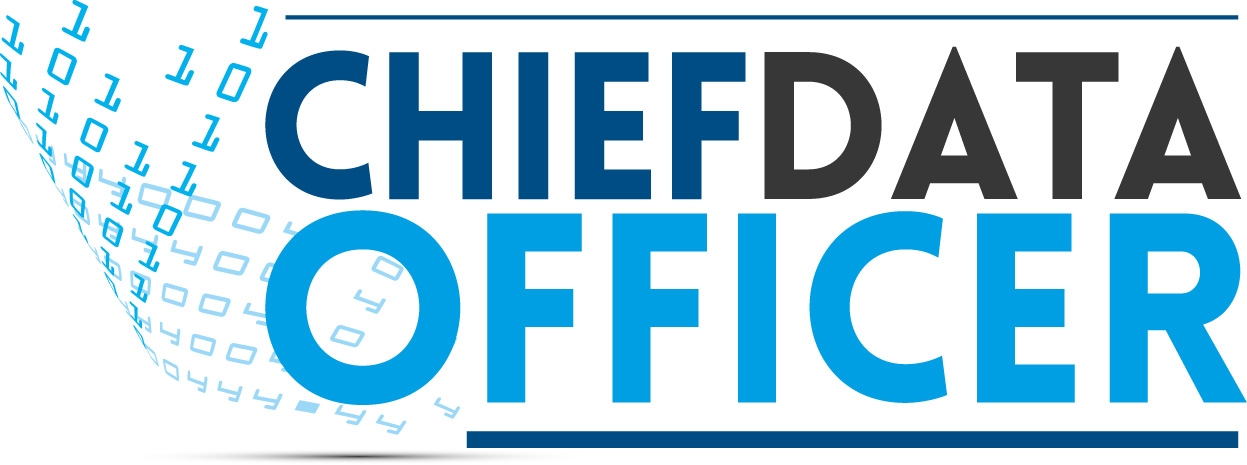A CDO is a business leader who creates and executes data and analytics strategies to drive business value.
Becoming a CDO presents many challenges: aligning with business goals, building a data strategy and a supporting team, and choosing the priority projects that will help you succeed quickly and gain backing for broader initiatives.
 Because the CDO position requires a deep understanding of the business as well as an appreciation of technology’s role within it, one of the first priorities should be to align data strategy with the business goals of the organization. If new customer acquisition is a top priority, for example, a well-aligned data strategy might focus on using data to identify potential markets and customers. If customer retention is considered essential, then data should be used to increase the understanding of current customers taking advantage of structured and unstructured data stored in applications and databases, documents and even social media to deliver informed customer service as well as smart, targeted promotions.
Because the CDO position requires a deep understanding of the business as well as an appreciation of technology’s role within it, one of the first priorities should be to align data strategy with the business goals of the organization. If new customer acquisition is a top priority, for example, a well-aligned data strategy might focus on using data to identify potential markets and customers. If customer retention is considered essential, then data should be used to increase the understanding of current customers taking advantage of structured and unstructured data stored in applications and databases, documents and even social media to deliver informed customer service as well as smart, targeted promotions.
While collaboration skills are important in any role within an organization, they are absolutely essential for CDOs. The support of the peers and other groups is critical to the ability to promote those ideas effectively and make an impact. [pullquote position=”right”]A new CDO should work to establish and consolidate relationships with the chief executive officer (CEO) and chief operations officer (COO). [/pullquote]An alliance with the CIO is also necessary as data related projects are often managed within the CIO’s organization and many consider organizational data to belong in the CIO’s tasks. Moving from potential conflict to cooperation with the CIO is vital to the success of the CDO. The chief marketing officer (CMO) is another important ally. The CDO is in a prime position to assist marketing departments with their need for accurate, trustworthy customer and prospect data to enable intelligent, highly targeted marketing activities. A collaborative partnership with the chief information security officer (CISO) is critical to the establishment and implementation of data protection policies. In a typical working arrangement, these two C-level officers define data protection strategies together, with the CISO driving execution and the CDO involved on an ongoing basis in progress reporting and problem resolution.
Similarly, since data protection and retention are central to compliance regulations, [pullquote position=”right”]the CDO should collaborate closely with the chief risk and compliance officer (CRCO) to develop and implement compliance strategies. [/pullquote]In addition to C-level relationships, partnerships with data stewards and others throughout the enterprise are essential, especially in organizational structures where the CDO has minimal staff—an unfortunate but common scenario. Here, collaboration becomes increasingly important because data strategy execution depends on joining forces with the teams that control the necessary resources. For example, a CDO frequently needs the support of marketing department knowledge workers who control rich customer data stores that can be mined for potential up-selling and cross-selling activities. Good relationships with these individuals help maintain access to data that may have previously been tightly held within the marketing department. The best preparation for a CDO team member may be a varied set of experiences, including technical, business and analytical roles.









